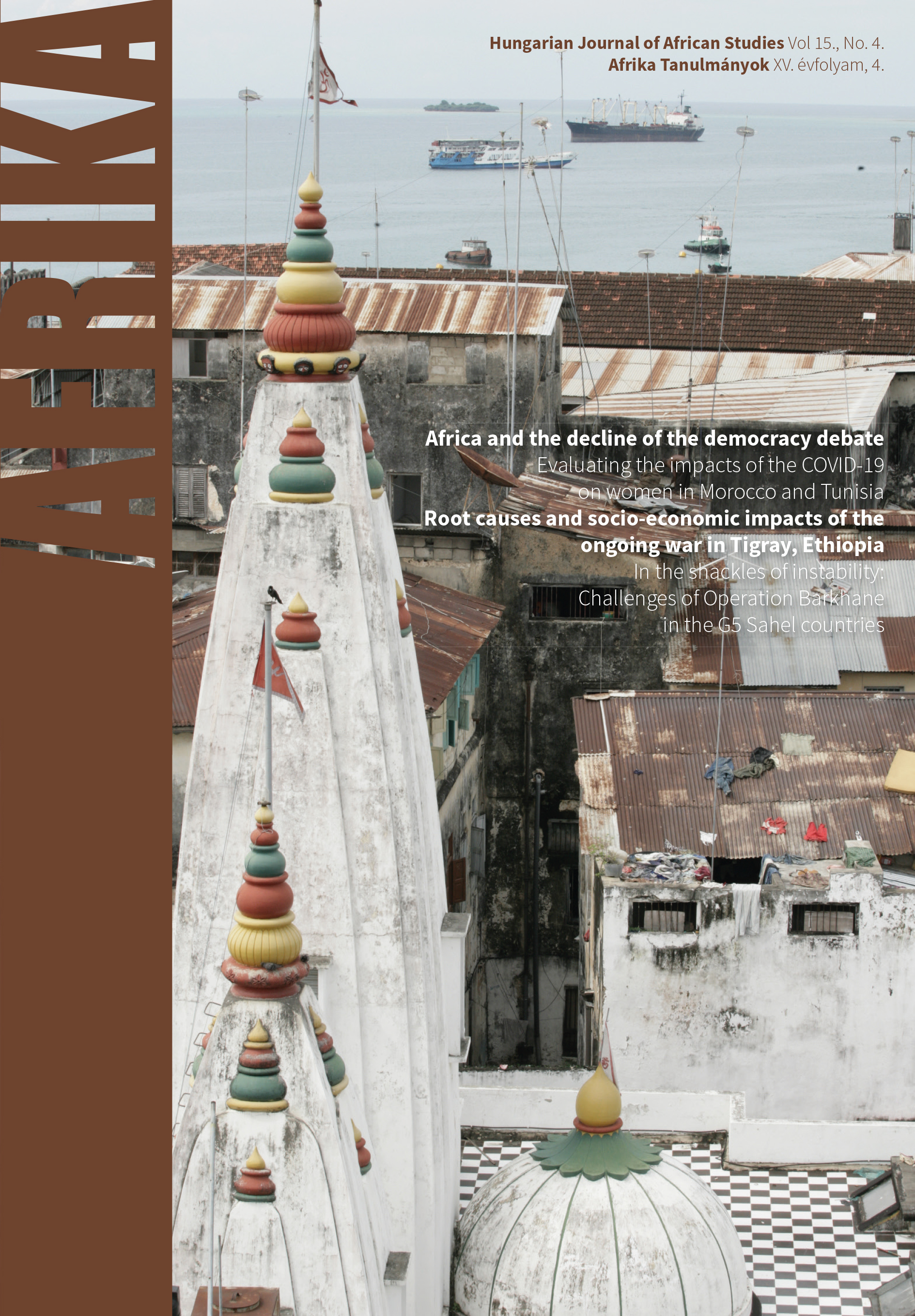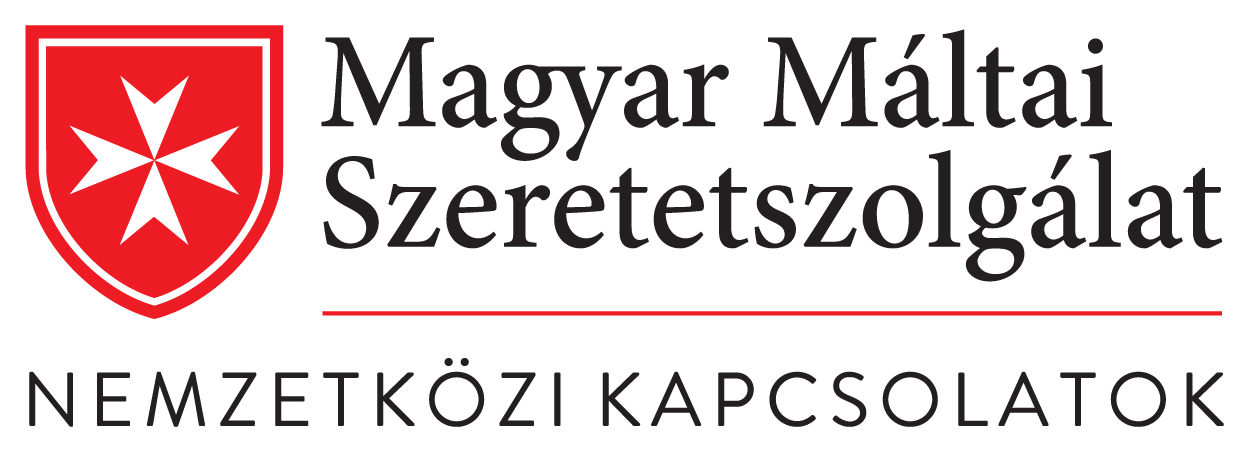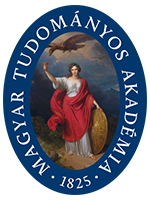Evaluating the impact of COVID-19 on women in Morocco and Tunisia
DOI:
https://doi.org/10.15170/AT.2021.15.4.2Kulcsszavak:
gender inequality, Maghreb, complex interdependence, sub-state actors, COVID-19Absztrakt
The COVID-19 pandemic has globally amplified and brought to the surface the difficulties of vulnerable groups, including women engaged in rural activities. Even before the outbreak of the pandemic, the Middle East and North Africa (MENA) region was strongly affected by a significantly high unemployment rate (42.8%) among young people aged 15 to 24. The fact that 61.8% of the female labour force in Morocco and 70% of it in Tunisia are involved in the agricultural sector serves as an additional obstacle to realizing gender equality. Besides the application of statistical indicators, the article also works with qualitative data collected from interviews that were conducted with four representatives or members of local Tunisian NGOs and four activists of Moroccan women’s rights organizations. On one hand, it cannot be denied that international relations themselves are strongly dominated by men. On the other hand, taking into consideration the complex interdependence of the international political order and its effects on decision-makers and sub-state actors alike, the analysis states that despite the political, historical, economic, and cultural characteristics of Morocco and Tunisia, the pandemic can serve as a catalyst for women’s rights organizations to act for the improvement of women’s conditions.
Downloads
Megjelent
Hogyan kell idézni
Folyóirat szám
Rovat
License

This work is licensed under a Creative Commons Attribution-NonCommercial-NoDerivatives 4.0 International License.
















